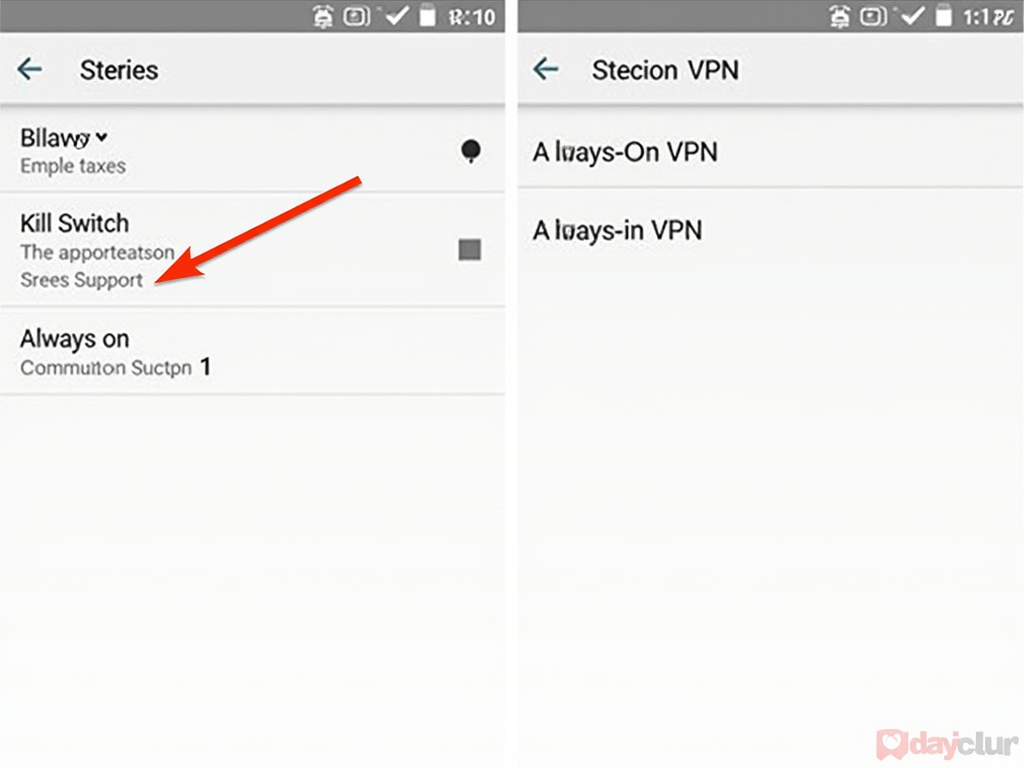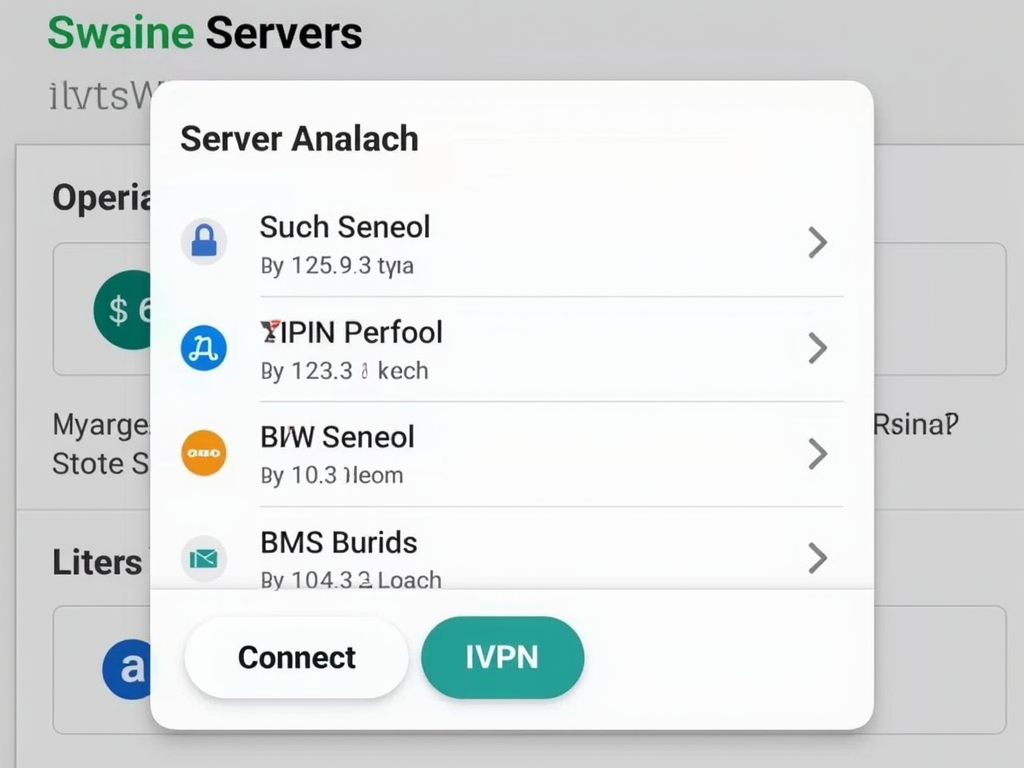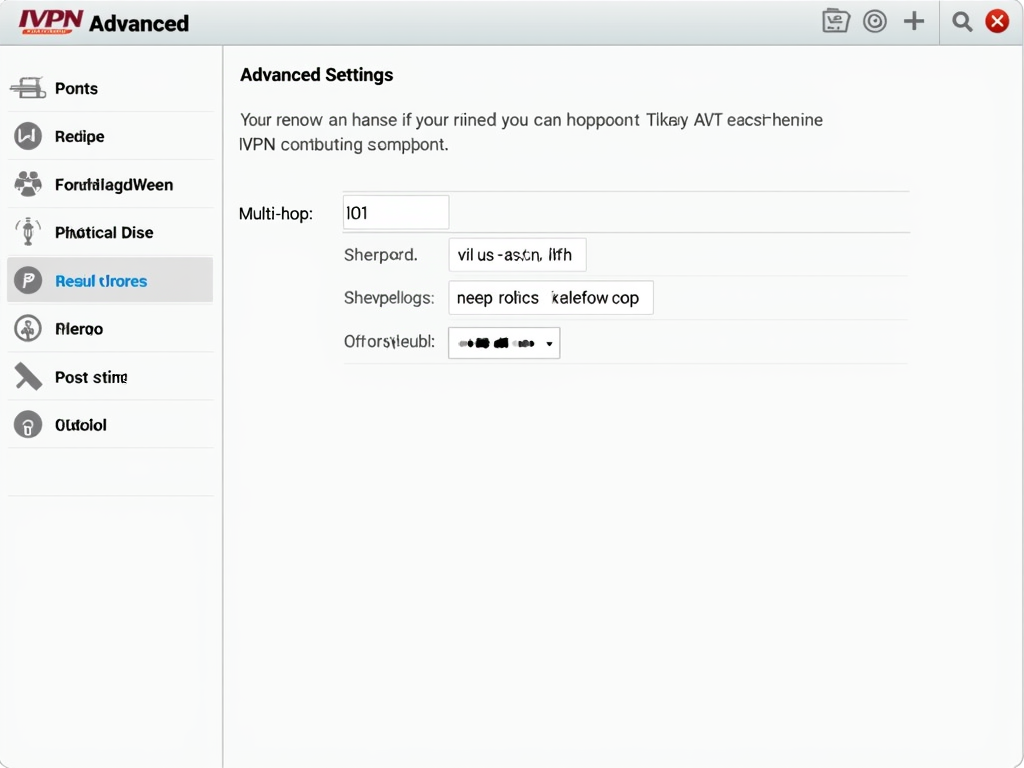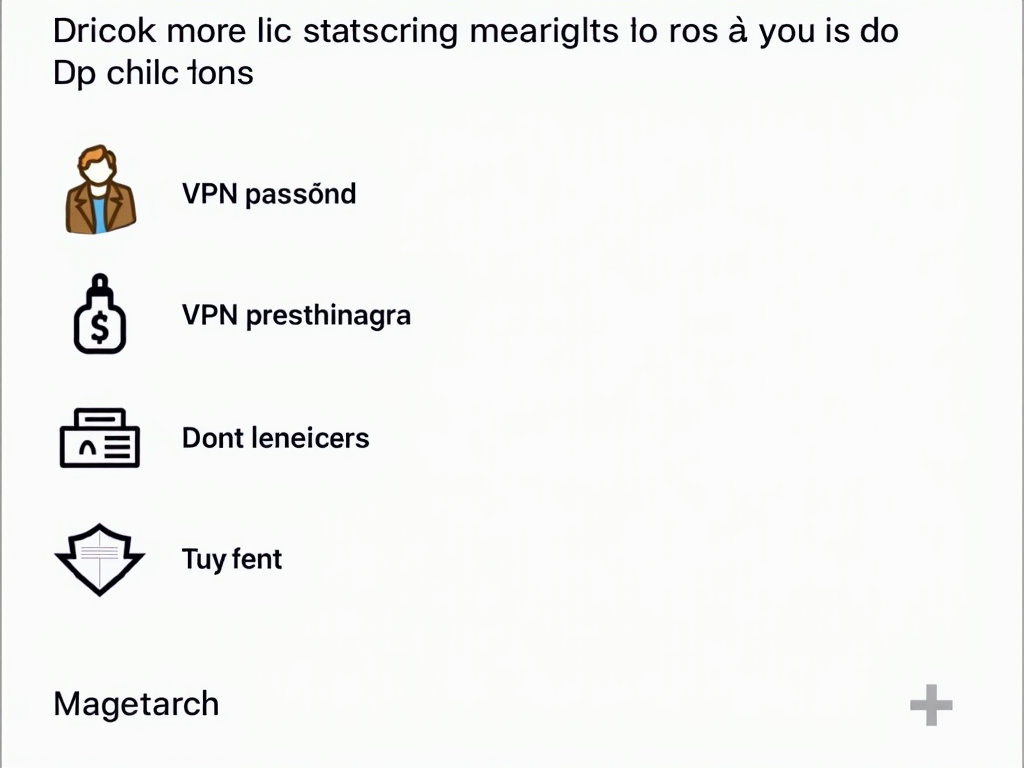How to Configure IVPN on Android for Maximum Privacy
In today's digital age, protecting your online privacy is more important than ever. With the increasing threats to personal data, using a Virtual Private Network (VPN) has become essential. IVPN is a privacy-focused VPN service that offers robust features to safeguard your online activities. This article will guide you through configuring IVPN on your Android device to achieve maximum privacy.
Understanding IVPN and Its Privacy Features
IVPN is renowned for its commitment to user privacy. Unlike many VPN providers, IVPN does not log user activity, ensuring that your online actions remain private. It offers features like a kill switch, which prevents data leaks if the VPN connection drops, and always-on VPN, which ensures your internet traffic is always encrypted. Additionally, IVPN allows you to use custom DNS servers for added privacy.
For Android users, IVPN provides a user-friendly app that integrates seamlessly with the operating system. The app is designed to be easy to use while offering advanced privacy features for those who need them.
Installing IVPN on Android
To get started with IVPN on your Android device, follow these steps:
- Open the Google Play Store on your Android device.
- Search for "IVPN" in the search bar.
- Select the IVPN app from the search results.
- Tap "Install" to download and install the app.
Once the installation is complete, open the IVPN app and log in with your IVPN account credentials. If you don't have an account, you can sign up for one directly through the app.

Setting Up IVPN for Maximum Privacy
After installing the IVPN app, it's crucial to configure it for maximum privacy. Here's how:
- Open the IVPN app and navigate to the settings menu.
- Enable the kill switch feature. This ensures that if the VPN connection drops, your internet access is blocked, preventing any data leaks.
- Turn on the always-on VPN feature. This setting ensures that your device always connects to the internet through the VPN, even after reboots.
- Set up custom DNS servers if you prefer to use your own or a privacy-focused DNS service.
These settings are essential for maintaining your privacy while using IVPN on Android.

Connecting to IVPN Servers
Connecting to an IVPN server is straightforward:
- Open the IVPN app.
- Tap on the server selection option.
- Choose a server location that suits your needs. For maximum privacy, select a server in a privacy-friendly jurisdiction.
- Tap "Connect" to establish the VPN connection.
When selecting a server, consider both privacy and performance. Servers closer to your physical location may offer better speeds, but if privacy is your top priority, choose servers in countries with strong privacy laws.

Advanced Configuration Options
For users who want to take their privacy to the next level, IVPN offers advanced configuration options:
- Multi-hop connections: This feature routes your traffic through two different VPN servers, adding an extra layer of privacy.
- Port forwarding: If you need to access specific services or applications, you can set up port forwarding through the IVPN app.
These advanced features are optional but can significantly enhance your privacy when used correctly.

Troubleshooting and Tips
While using IVPN on Android, you might encounter some issues. Here are common problems and solutions:
- Connection issues: If you can't connect to an IVPN server, try restarting the app or your device. Ensure your internet connection is stable.
- Slow speeds: Try connecting to a different server or check your internet speed without the VPN to compare.
Additional tips for maintaining privacy:
- Regularly update the IVPN app to ensure you have the latest security features.
- Avoid using public Wi-Fi without a VPN.
- Be cautious about the apps you install, as some may compromise your privacy.

Summary
Configuring IVPN on your Android device is a straightforward process that can significantly enhance your online privacy. By following the steps outlined in this article—installing the app, setting up privacy features, connecting to servers, and utilizing advanced options—you can protect your personal data from prying eyes. Remember, using privacy tools like IVPN is essential in today's digital landscape to safeguard your online activities.